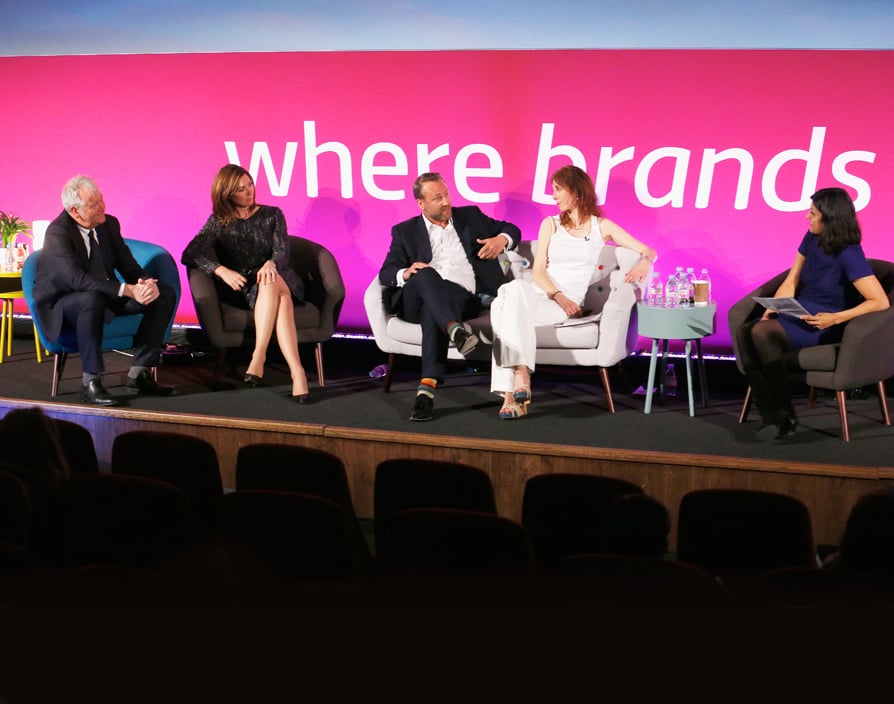Photo credit: Getty Images
Given that June 23 is quickly approaching, the discussion about a potential Brexit is predictably heating up. While one side is vehemently arguing for the UK to remain in the union, the Brexiteers have been disputing their arguments with equal fervour. In a bid to shed some light on the issue, the international marketing conference Advertising Week Europe this week invited business leaders, journalists and a former ambassador to discuss the EU referendum.
Divided into four panels, the two-hour session was kicked off with a discussion between Sir Martin Sorrell, CEO of WPP, and Bernie Ecclestone, CEO of the Formula One Group. “I don’t see what Europe does for Britain,” stated the latter, with Sorrell replying that a Brexit would put the country’s imports and exports at risk. “If I were to look on it from WPP’s point of view, we would lose influence in four of our top ten markets,” he said. As a third-generation immigrant himself, Sorrell added he is convinced that the UK benefits from the talent provided by the EU’s free movement.
A similar sentiment was echoed in the second part of the session, when Tim Lefroy, CEO of the Advertising Association, stated: “A lot of the openness [we benefit from] has come from the much wider conversation that we’ve had with Europe.” Peter Foster, European editor of the Telegraph, then posited that the referendum could be an opportunity for the EU to reinvent itself. He asked: “[Should] we let Europe go from this frankly defunct super-state project and […] allow Europe to reform based on the facts on the ground?”
Following this, the third part of the session discussed how the two campaigns were arguing their positions. “To me it sounds a bit like project fear versus project fear but do you feel that is how it has to be?” asked Anushka Asthana, political editor of the Guardian. According to Claire Beale, editor-in-chief of Campaign, the communication industry publication, it is natural that the campaigns are harnessing negative emotions and scare tactics. “Positive happy-clappy sort of messages don’t really get people fired up in quite the same way,” she said. The third panel also proved to be the most openly in the Bremain camp. For instance, Lindsay Pattison, CEO of Maxus, the global media agency, said: “My view is that I want to be on a modern, superfast Eurostar and not a bumbling Boris bike.”
That view couldn’t be further away from that of Roger Bootle, executive chairman of Capital Economics, the economic research consultancy. In the fourth and final part of the two-hour session, he argued that Britain’s involvement in the European project had lost it its sovereignty. “The most important [part we’ve lost] is that we cannot control our borders [and don’t have a say of how many people should come into this country,” said Bootle. Responding to this salvo, ex-ambassador to the EU and the UN Lord David Hannay replied: “Europeans have freely decided to pull certain aspects of our sovereignty [into the union] because we recognise that it would be completely ineffective if we tried to exercise sovereignty on our own.”
With such vehement opinions on either side, it’s no surprise the referendum discussion is sounding a lot like The Clash’s Should I Stay or Should I Go. ![]()
Share via:








































